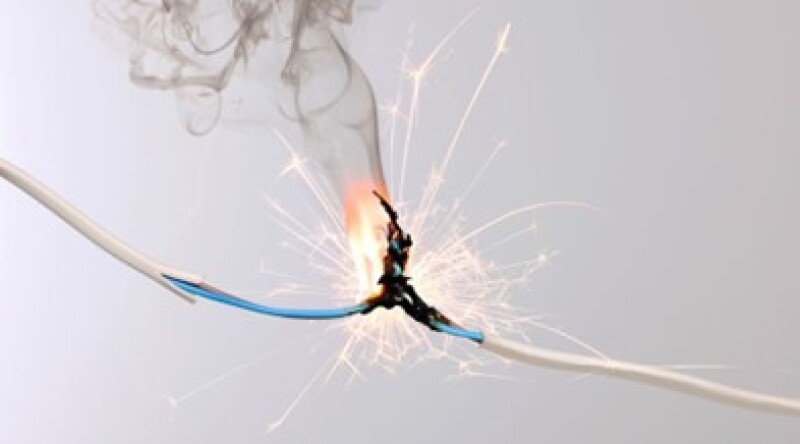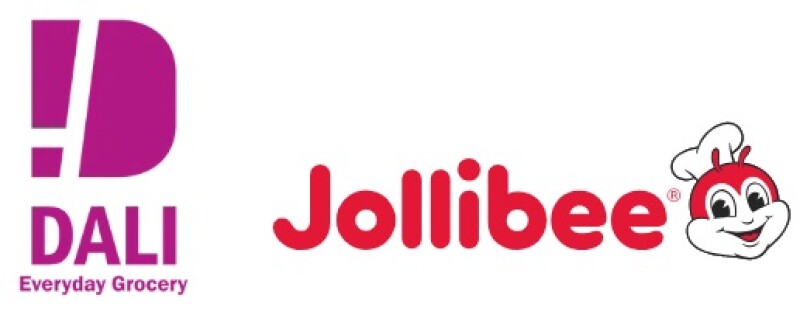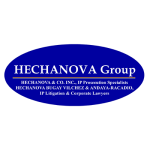Trust is the invisible contract that holds the marketplace together. Every time a consumer buys a product — whether it is a pack of noodles, a raffle ticket, or an electronic gadget — they are relying on the accuracy of the claims made by companies. Labels that say a device is “certified safe”, advertisements that assure “eco-friendly packaging”, and promotions that promise “fair chances of winning” are not mere words. They are promises that, when broken, threaten not just the individual consumer but also the broader public interest.
In recent years, the Philippines’ Department of Trade and Industry (DTI), the government’s lead agency for consumer protection, has repeatedly confronted brands that misled Filipino consumers. These cases span from vape companies making false compliance statements, to multinational corporations accused of greenwashing, to retailers engaged in deceptive practices. Together, they highlight the importance of the Consumer Act of the Philippines (Republic Act No. 7394) and the continuing battle to ensure fair play in the marketplace.
Vape products
The most striking example of misleading claims can be found in the vaping industry. In December 2024, two brands, Flare and SHFT, gained notoriety. Flare falsely claimed full compliance with DTI regulations, while SHFT went further by posting unauthorised photos of DTI staff, making it appear that the agency had endorsed the brand. These actions prompted swift rebuttals from the DTI, which reminded the public that only brands with valid Philippine Standard licences are authorised to sell.
Other vape companies fared no better. The DTI also suspended and filed charges against Shft & Dr Freeze, Don Bars, Chillax, Black Elite, and Lost Mary. Another brand, Flava, was fined for repeated violations of the Vape Law, while the Bureau of Internal Revenue filed tax evasion charges against its operators. Even counterfeit products such as “Black Ultra” vapes were exposed as misleadingly marketed under official-sounding names.
These cases are not trivial. Vape products are often marketed as safe alternatives to smoking, and many young Filipinos are drawn to them. When brands lie about compliance or fake government endorsements, they put public health at risk and undermine regulatory authority. The broader public interest – protecting youth, ensuring product safety, and upholding trust in government certifications – is directly endangered.
Electrical products
The problem extends beyond vapes, as PHP 134.4 million worth of uncertified and potentially dangerous electrical and electronic products have been seized since 2023, according to the Philippine News Agency. In 2024, the DTI’s Task Force Kalasag yielded 127 units of counterfeit thermoplastic insulated electric wires and cables worth PHP 454,745. The seized products, fraudulently labelled with the brand name “Hypertech”, were found to be fake by the quality assurance team and legal counsel of Hypertech Wire and Cable, who were present during the operation.

These are not abstract violations; they are fire hazards waiting to happen in Filipino homes. When safety labels are falsified, it is not just a matter of consumer choice – it becomes a matter of public safety.
Greenwashing
Even some of the world’s largest companies have not escaped scrutiny. In 2020, Greenpeace accused Nestlé Philippines of greenwashing by promoting claims of “plastic neutrality”.

According to environmental advocates, Nestlé’s claim overstated its contribution to addressing plastic waste, creating the impression of significant progress when, in reality, little had changed.
Similarly, in February 2024, Procter & Gamble (P&G) faced complaints over allegedly misleading “recyclable” labels on its products. While P&G entered into mediation, offering goodwill refunds and committing to review its labelling, the episode exposed how even established companies can mislead consumers.
Deceptive promotion
Other consumer goods and promotions have also been implicated in deceptive practices.

In May 2024, consumer groups raised concerns about Dali Everyday Grocery, accusing the chain of unfair pricing and invoicing. The DTI issued a show-cause order, and investigations are ongoing.
The following year, even a beloved Filipino brand was caught up in controversy: Jollibee’s “Burger Blowout Promo” drew attention after raffle results included AI-generated or fabricated names. The DTI intervened, oversaw a re-draw, and ordered corrective measures. For a brand so deeply embedded in Filipino culture, this was more than a lapse – it was a reminder that no company, however beloved, is immune to the temptation of shortcuts.
Key takeaways on misleading practices
The effect of these misleading practices on the public interest is significant. First, they pose health and safety risks, as in the case of vapes and counterfeit electrical goods. Second, they erode consumer trust, making buyers sceptical not only of the violators but of legitimate promotions. Third, greenwashing misleads eco-conscious consumers and delays urgent environmental solutions. Fourth, they distort fair competition, harming compliant businesses that follow the rules. And finally, they drain public resources, as government agencies must spend time and money investigating and enforcing compliance rather than pursuing developmental programmes.
All these incidents beg the question: what happens when consumers no longer believe what brands tell them? Public interest suffers on multiple fronts and health and safety are compromised. Consumers may become cynical, and sceptical of even legitimate campaigns. Compliant businesses may suffer losses, as unscrupulous competitors reap short-term profits. And the government spends more resources on enforcement; money that could have gone to development programmes.
This is why consumers must not remain passive. Vigilance is no longer optional – it is essential. We need to learn to read between the lines of advertisements, to check whether products carry genuine Philippine Standard or Import Commodity Clearance marks, to question vague pledges, and to report misleading practices when we encounter them.
The Consumer Act of the Philippines provides the legal backbone, and the DTI’s enforcement has grown more visible: confiscating goods, suspending brands, filing charges, and even mediating settlements.
These measures show progress, but the cases also illustrate the limits of regulation. For every publicised suspension or confiscation, many other misleading claims likely go undetected. Online marketplaces have proven difficult to police given the volume and speed of digital promotions. Consumers therefore remain the first line of defence. True consumer protection is not only about laws and penalties – it is about fostering a culture of vigilance, transparency, and accountability.
Consumer protection cannot be left solely in the hands of regulators. The law may punish offenders, but only informed and vigilant consumers can prevent deception from taking root in the first place. In a market where every peso matters, consumers cannot afford to be fooled.












